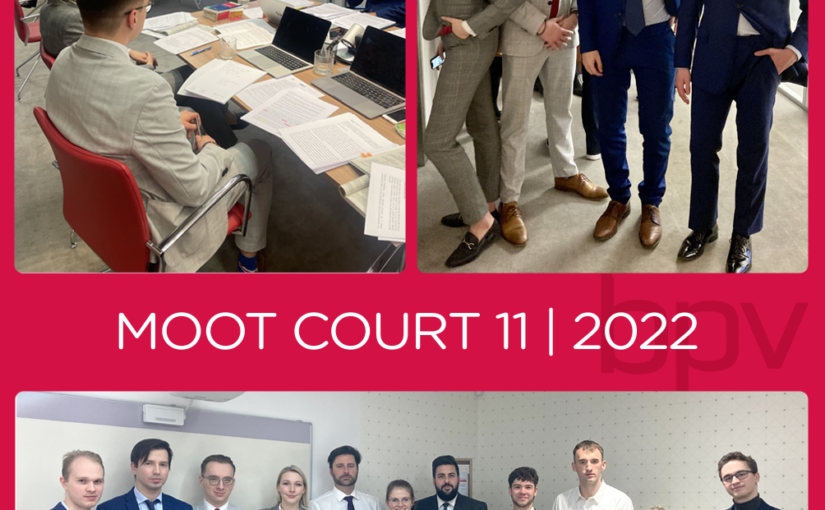22 December 2022. bpv Huegel advised IMMOFINANZ on the acquisition of shares in S IMMO and its financing.
IMMOFINANZ AG is acquiring 17,305,012 shares in S IMMO from its core shareholder, CPI Property Group, thus obtaining a controlling stake in S IMMO of 50% plus one share. The purchase price amounts to EUR 337.5 million in total. The transaction will be financed through a long-term credit facility provided to IMMOFINANZ by CPIPG. The closing of the transaction will take place before the end of 2022 and IMMOFINANZ will fully consolidate S IMMO in the 2022 annual financial statements.
IMMOFINANZ is a commercial real estate group whose activities are focused on the office and retail segments of eight core markets in Europe: Austria, Germany, Poland, Czech Republic, Slovakia, Hungary, Romania and the Adriatic region. The real estate portfolio has a value of approximately EUR 5.5 billion and covers 260 properties. IMMOFINANZ is listed on the stock exchanges in Vienna (leading ATX index) and Warsaw. Further information under: https://www.immofinanz.com
The bpv Huegel team, led by Christoph Nauer (Corporate/M&A, Capital Markets), included Roland Juill (Corporate/M&A, Capital Markets), Ingo Braun (Finance & Regulatory), Nicolas Wolski (Tax), Daniel Reiter (Corporate/M&A, Capital Markets) and Jasmin Slavik (Corporate/M&A, Capital Markets).
The seller (CPI Property Group) was advised by Wolf Theiss (Florian Kusznier, Claus Schneider).








